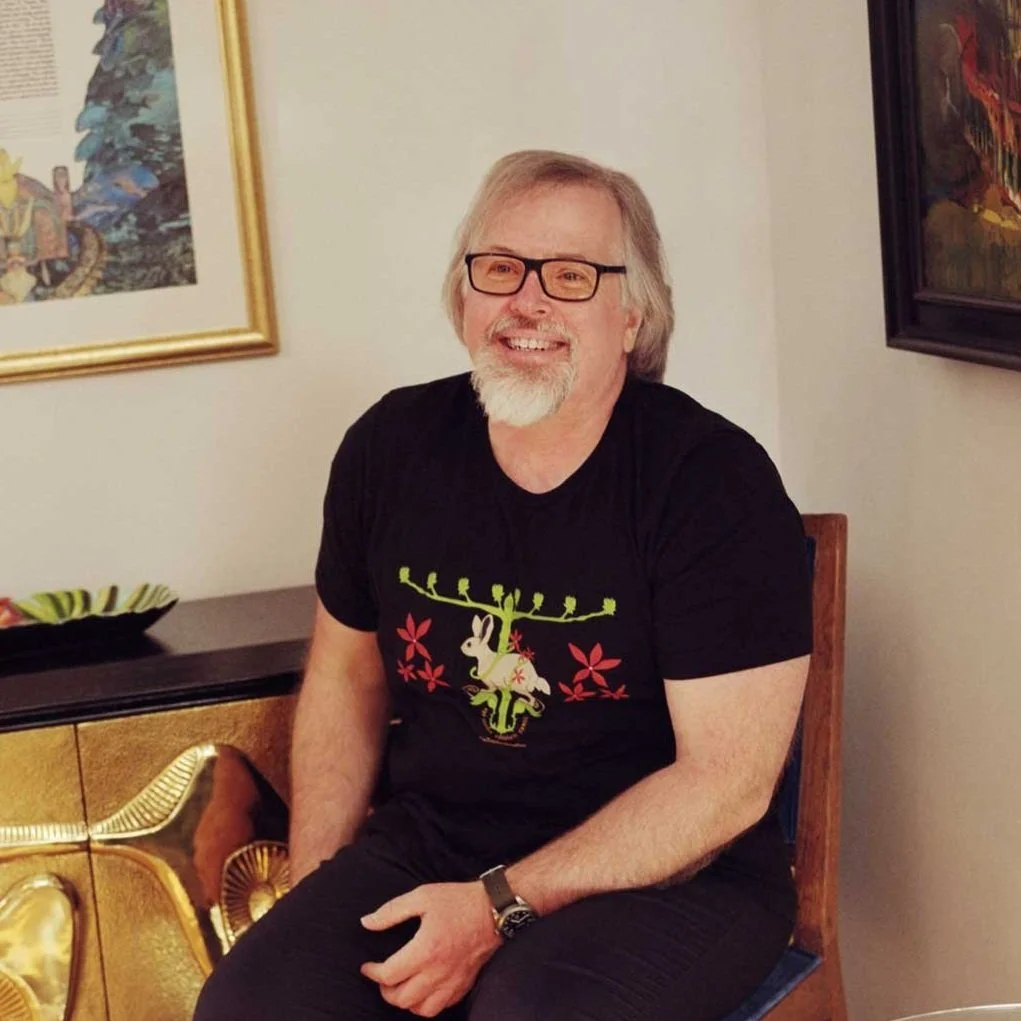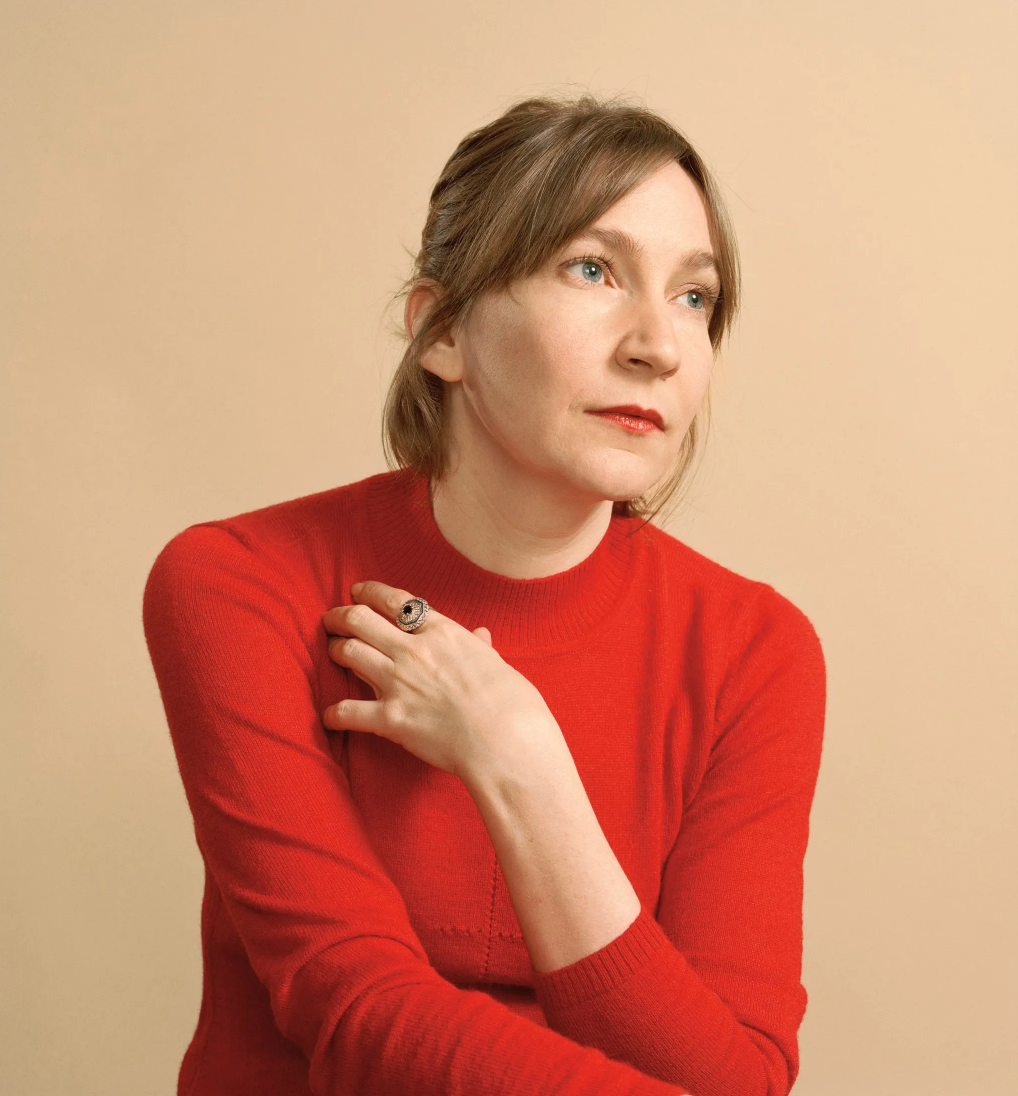Past Episodes:
Ashley Ford on Choosing Reality
“I was trying to base my feelings about the circumstances of my life off of fantasies, and what things should be like, or what people should be like. It took a minute for me to figure out that if you keep trying to live inside a fantasy, you’re going to be pretty miserable.”
Jhumpa Lahiri on Translating Metamorphosis
“My mother’s death was a metamorphosis for her on the bodily level, but a metamorphosis for everyone she left behind.”
Elissa Washuta on Unsolvable Magic
“Witchcraft was another facet of that, in a way— a mystery I could approach but not fully exhaust.”
Jessamine Chan on the Good Mother in a Bad World
“One does not want one’s dystopian novel to seem hyperrealistic, because that just means the world has gone to pieces.”
Morgan Talty on the Faceless Villain
“While the characters themselves have villainous aspects to them, the true villain that we have to take down is colonialism.”
Stephanie Foo on Editing Trauma in Google Docs
“But this was like pure hard evidence. I could not deny it.”
Jeff VanderMeer on Rewilding
“I feel very guilty about the fact that until recently there was a lot of stuff I didn’t see. As a writer, you’re supposed to try to see things that have been rendered invisible and make them visible on the page.”
N. Scott Momaday on The Remembered Earth
“I want to do what I can to preserve the Earth because the Earth is in danger. I think my writing contributes to that task, and I’m proud of that and I want to continue it.”
Lulu Miller on Getting A Little Emo
“Writing was a release valve. Like rock, paper, scissors, shoot—sometimes it felt like grad school was drink, write, shoot.”
adrienne maree brown on Learning Radical Honesty
“There’s often something that people know already to be true, and that they know they need to talk about, and that they really don’t know how to or don’t want to talk about. I love saying those things out loud.”
Allegra Hyde on Leaving Communes
“I kind short circuited my own castle of protections and just did something really impulsive, which was in this case eating this random mushroom that I found.”
Ed Yong on Transcending Our Senses (with a Corgi)
“Our history, our ancestry, constrains us to this very thin sector of the world, which means that it must be an active choice to learn about the rest.”
Sheila Heti on Mourning
“The word mourning feels inappropriate for that literal time of mourning I was in for my father. All the associations with that word were not how I was feeling.”
Carl Erik Fisher on the Myths of Addiction
“So many of our concepts and even our words about addiction—like “disease,” or “permanent,” or the idea of a clear us/them dichotomy, or division between healthy and normal—it’s so freighted. There’s so much to be gained just from the process of undoing.”
Sarah Manguso on the Coldest Silences
“There was this free floating belief that the whiter you were, the colder you were, the scarcer things were, the more of them you had, the less of them everybody else had, and the less you talked about any of it.”
Kiese Laymon on Radical Revision
“It’s hard not to write whack-ass shit if you’re afraid of looking at the parts of yourself and the people around you that you don’t want to look at.”
Leanne Shapton on Committing to the Experiment
“It’s really almost like an oblique decision, like a decision I make with my peripheral vision, with my left hand.”
Katie Kitamura on Intimacy
“I kept thinking of it like, What would it look like for this character to step into her life?”
James Han Mattson On Returning to His Birth Country
“While I was in Korea, I realized that this is what I need to write about, because this is where my soul is, essentially.”
Aimee Bender on the Dread of Writing
“I think the dread is so common, tipping into universal. It’s not true of every writer, but it’s also hard. It’s hard work. It’s hard to be up for whatever is going to bubble up. We don’t know what it’s going to be.”




















